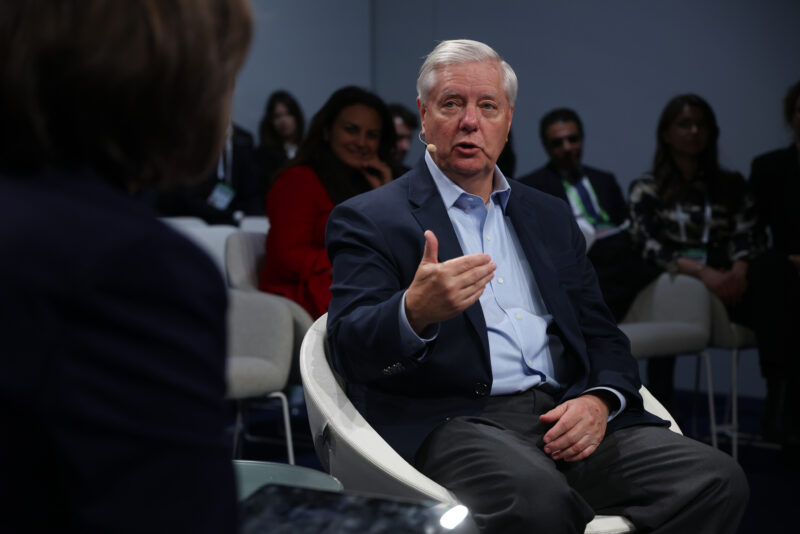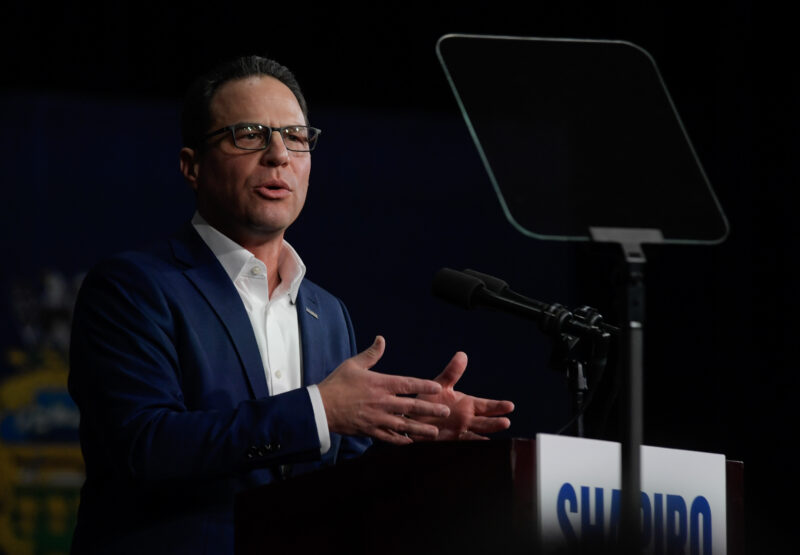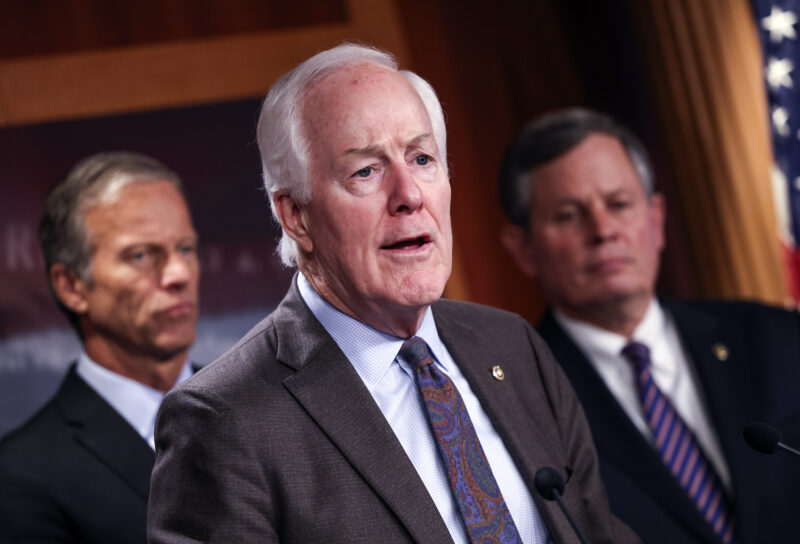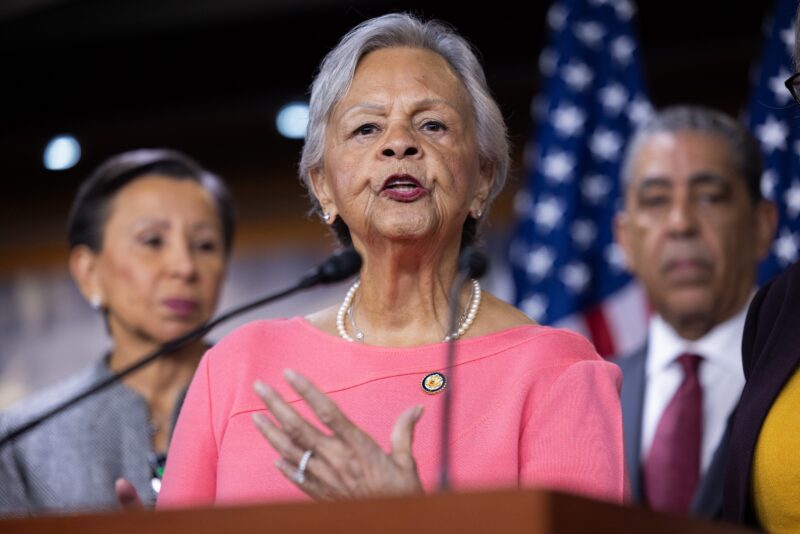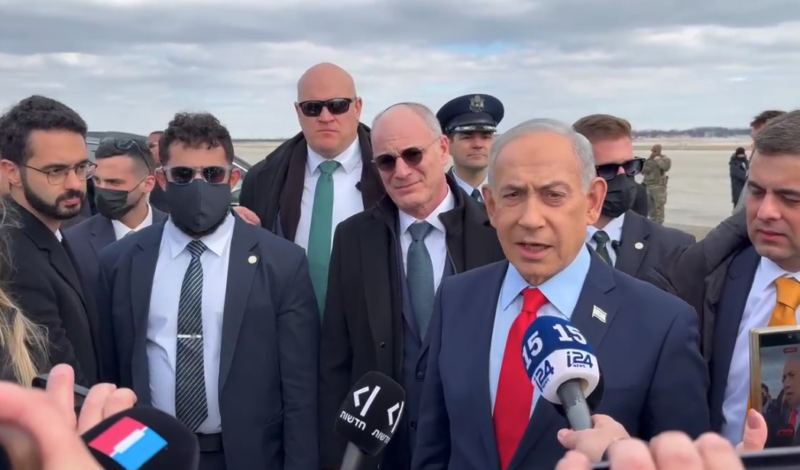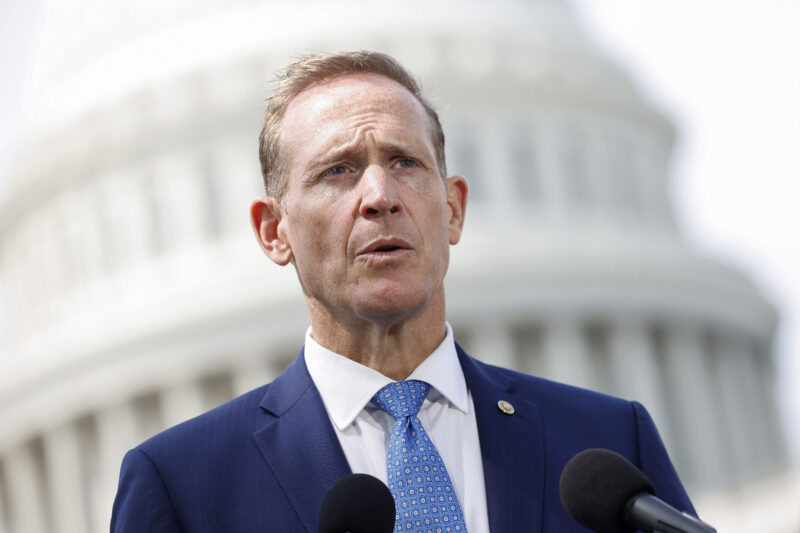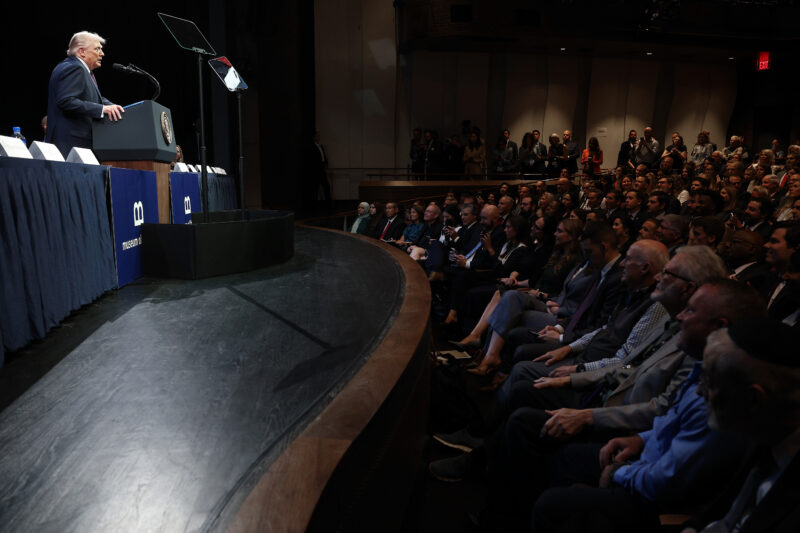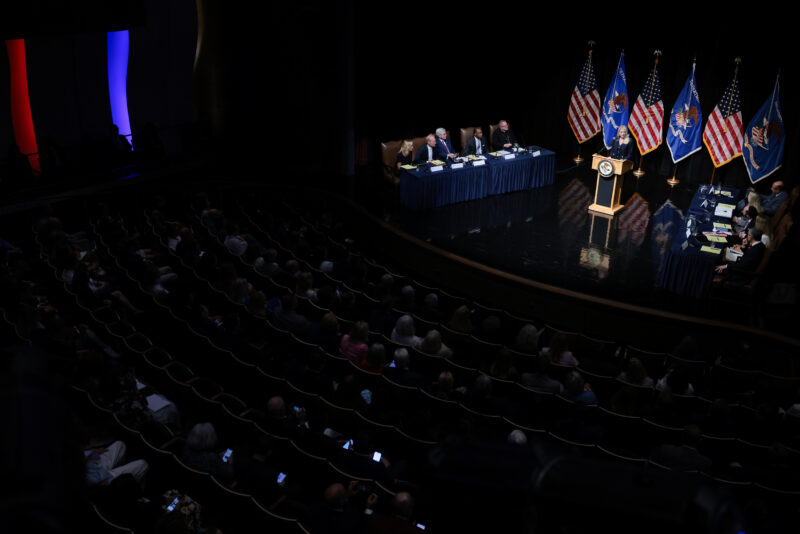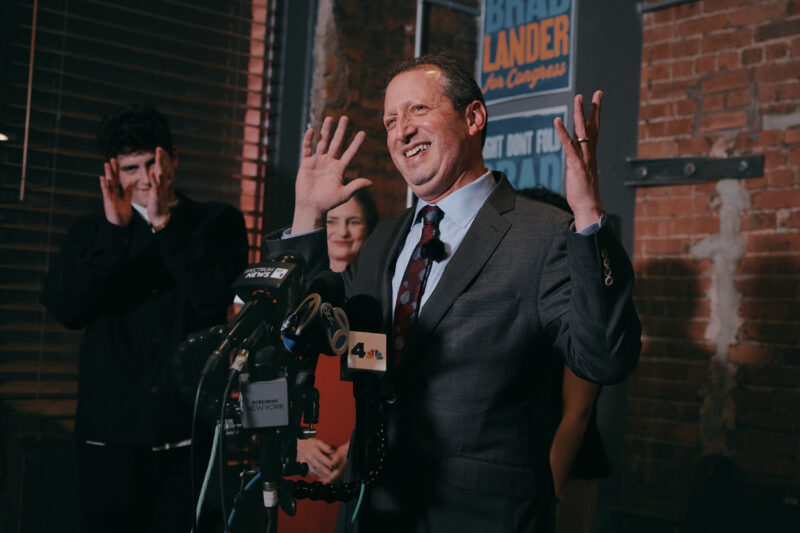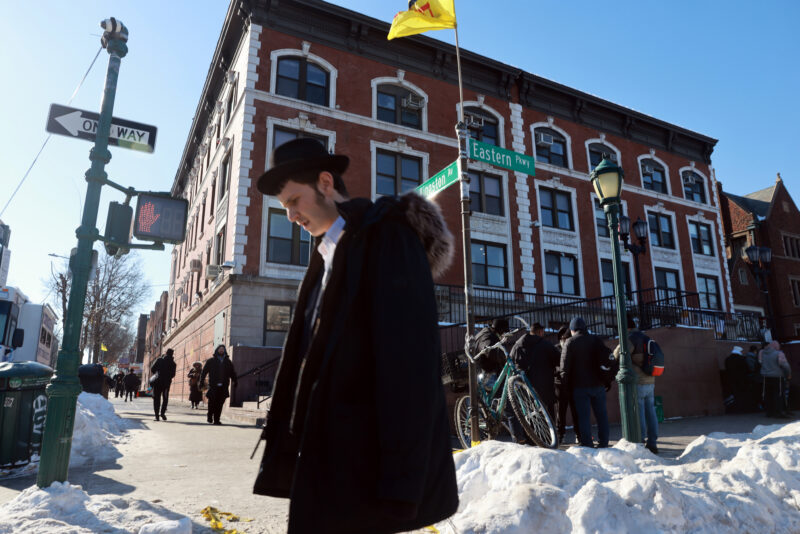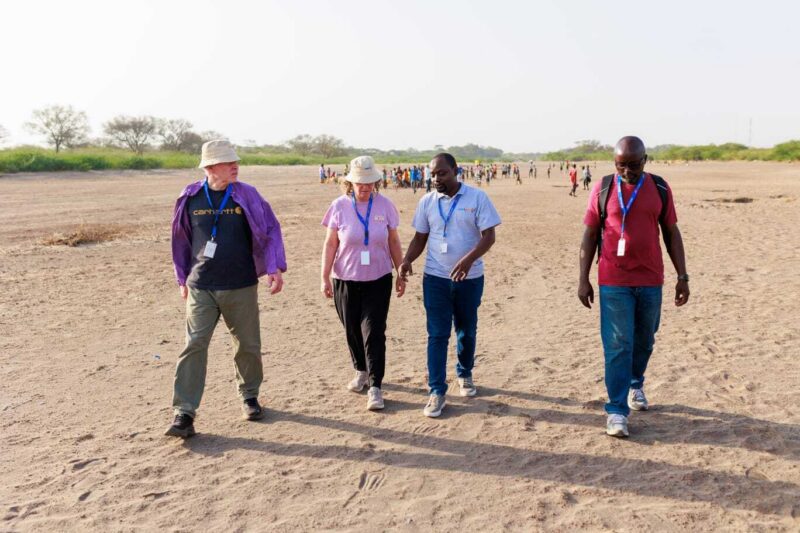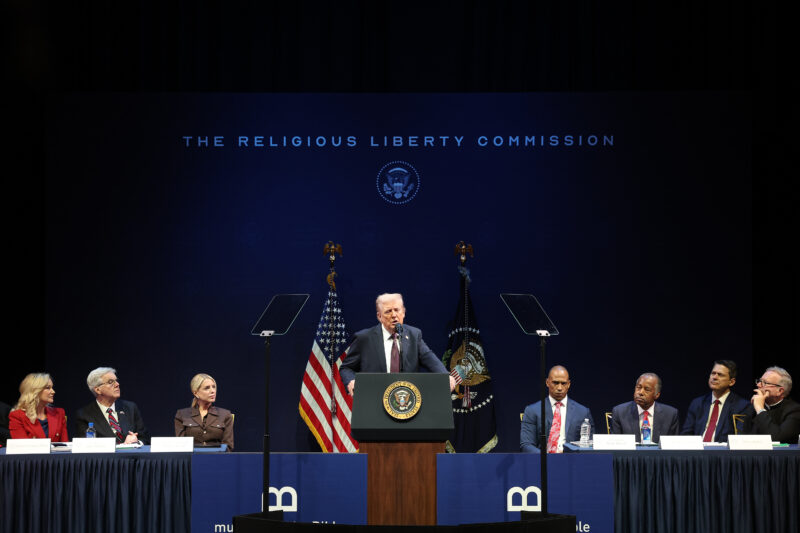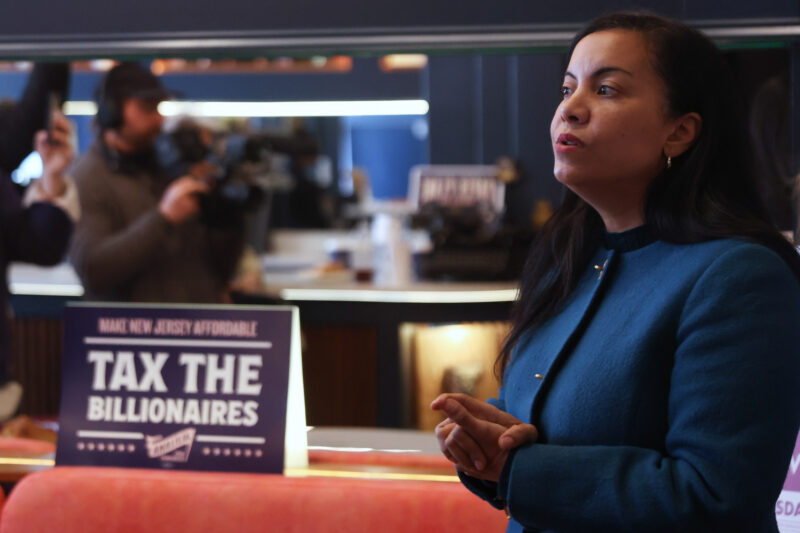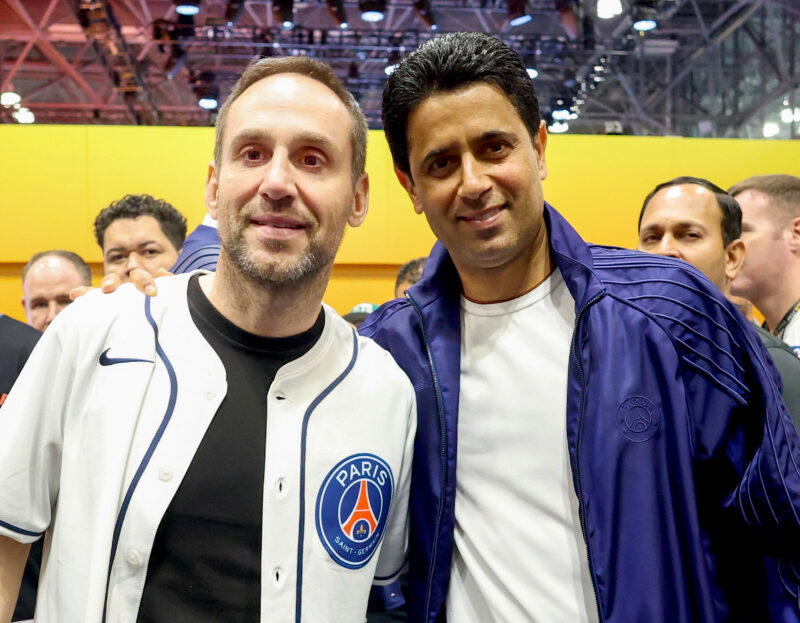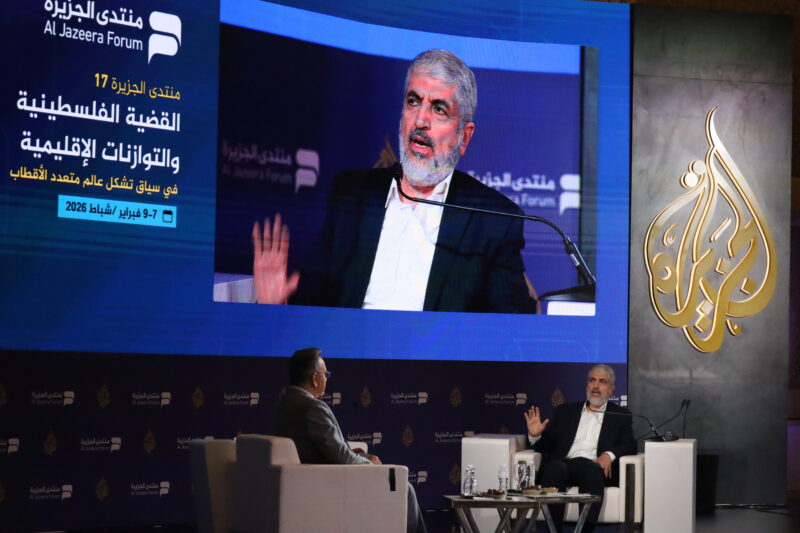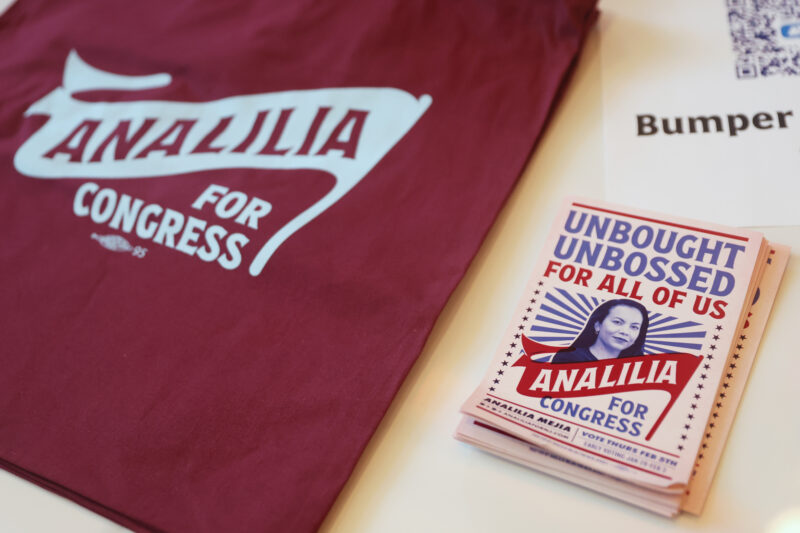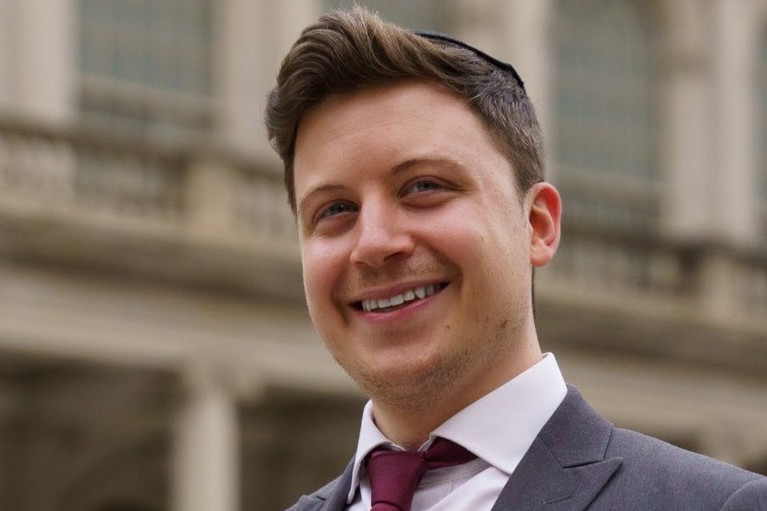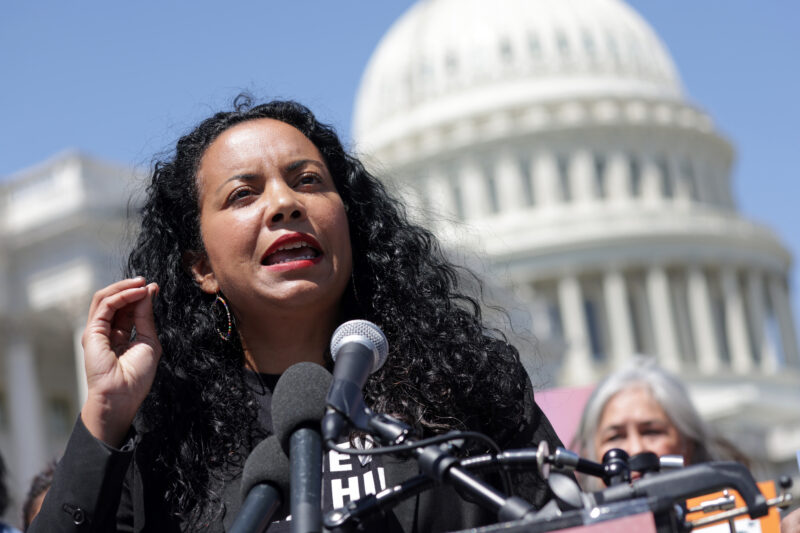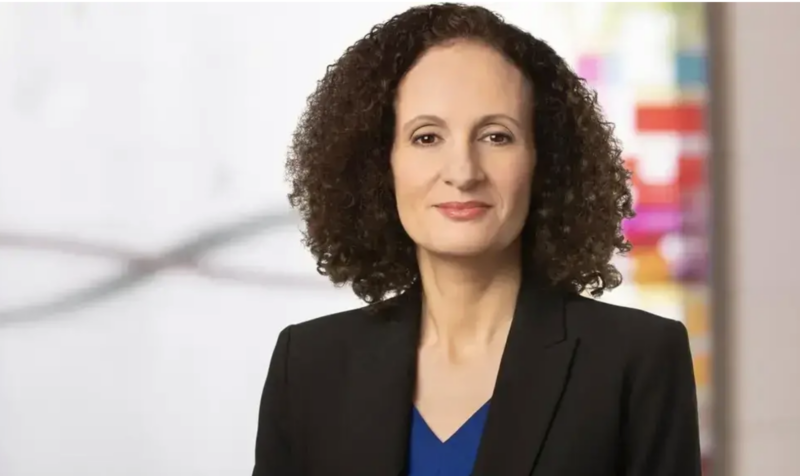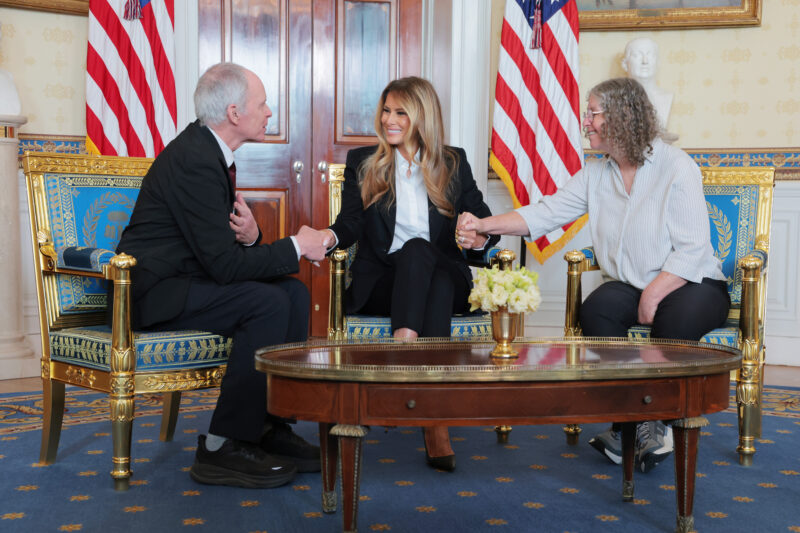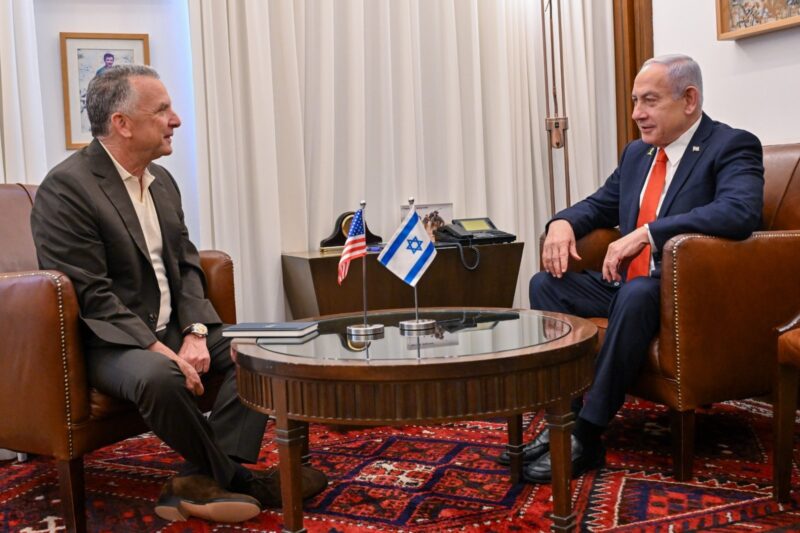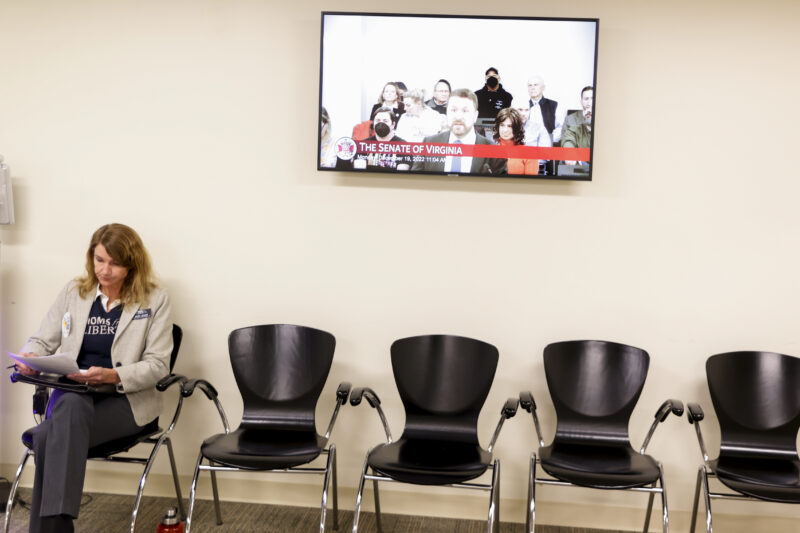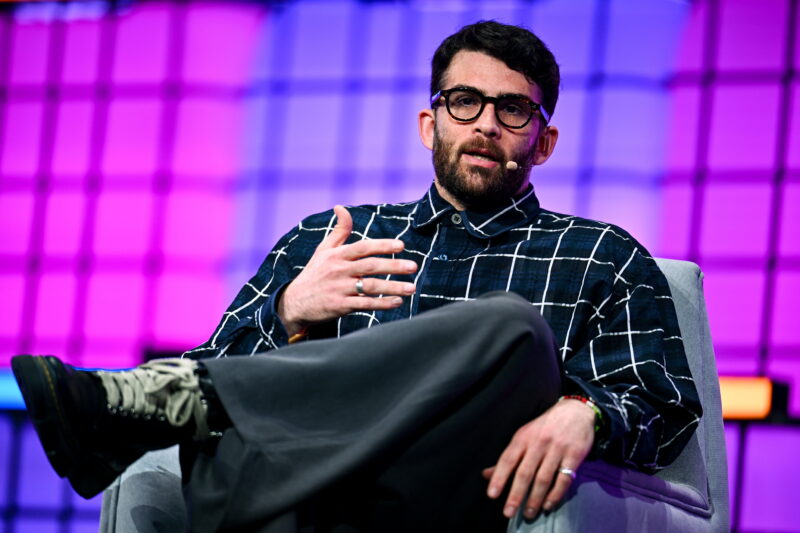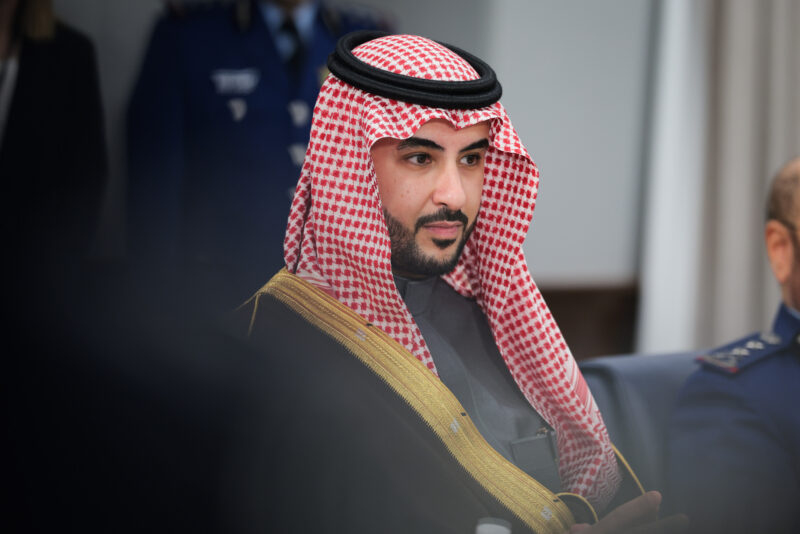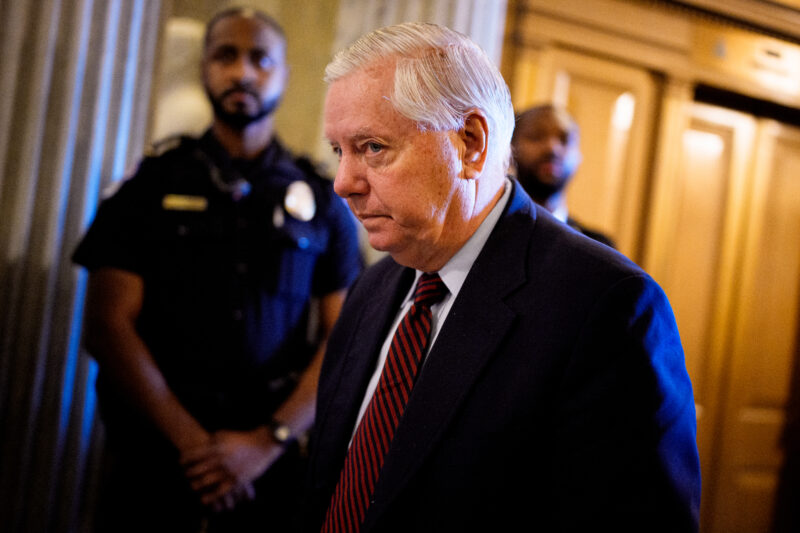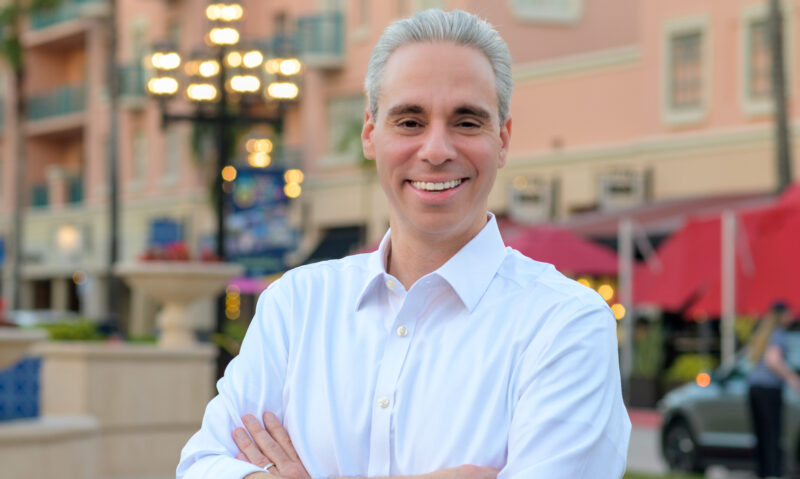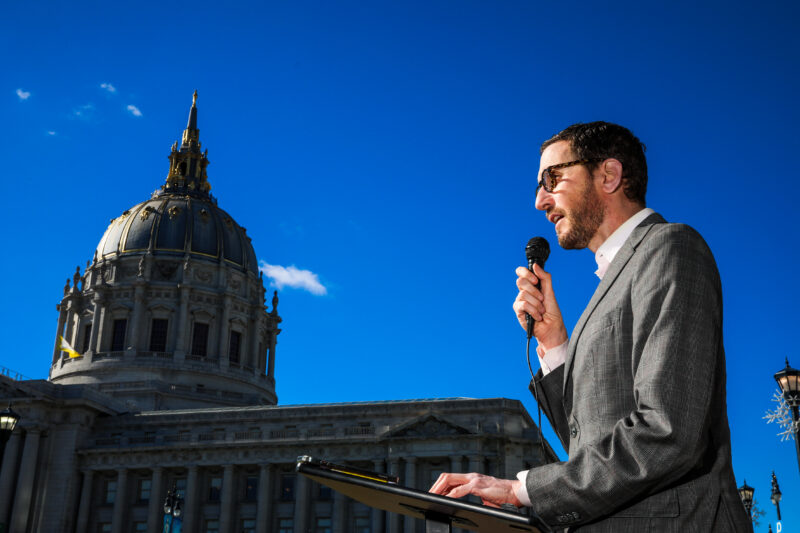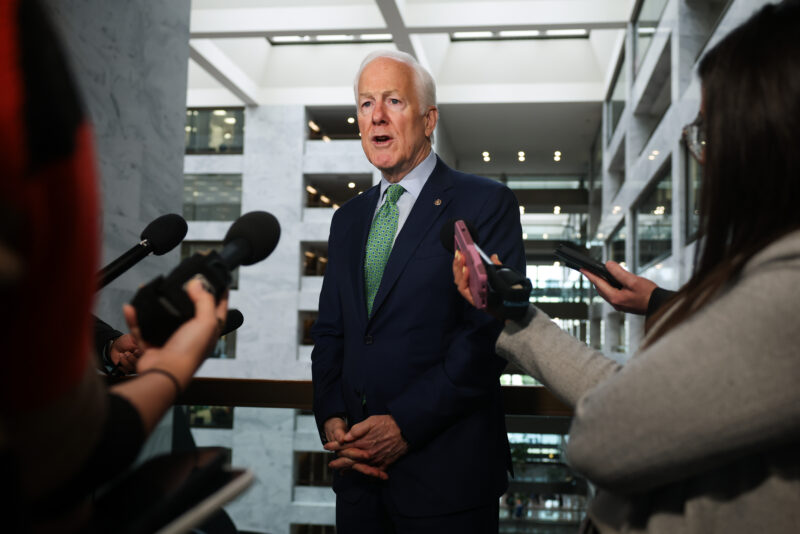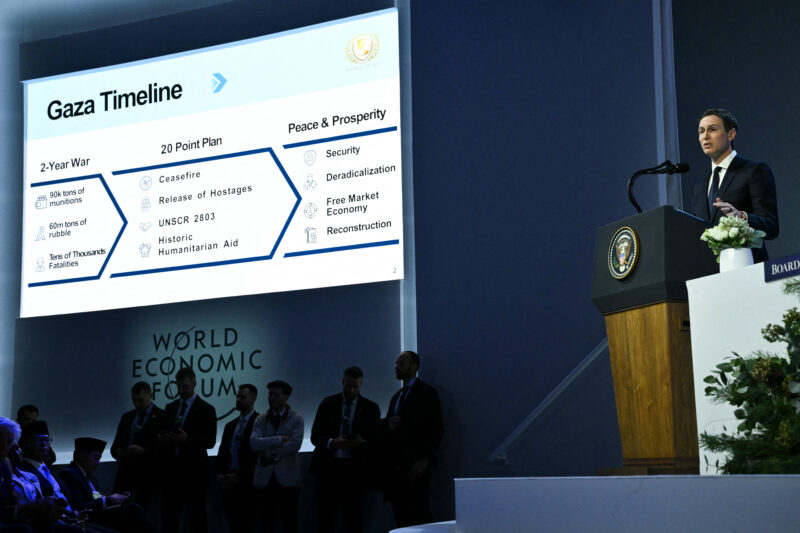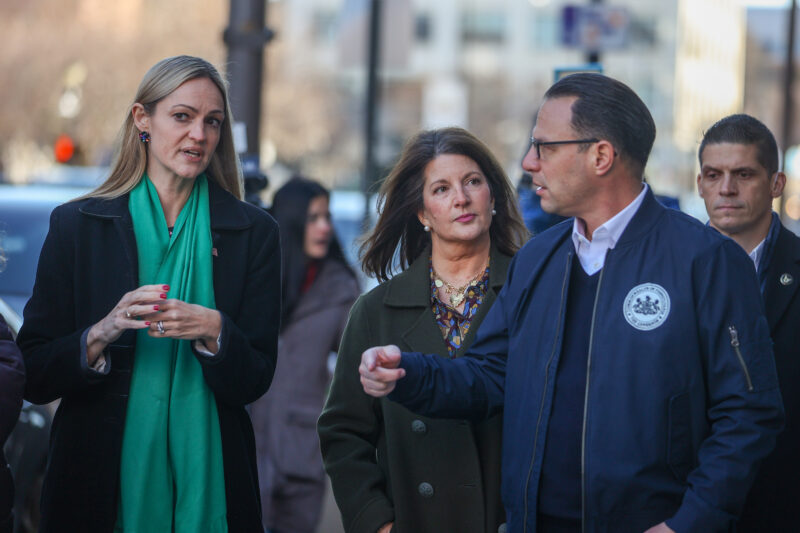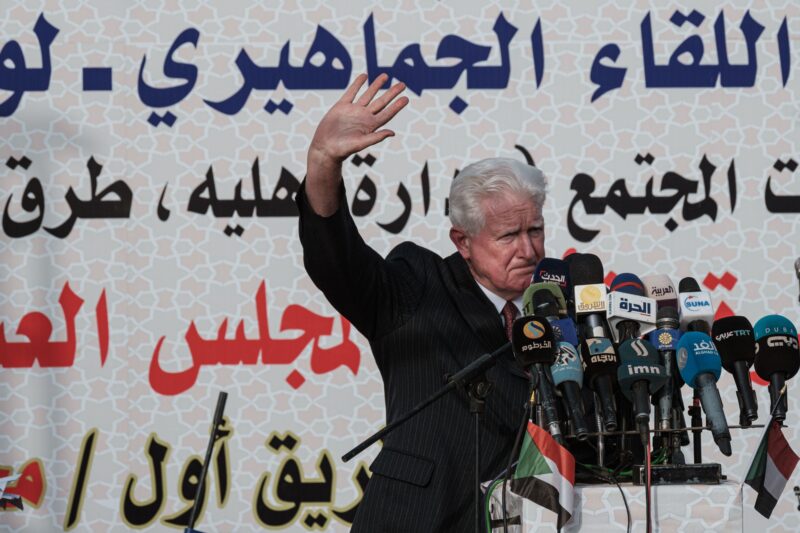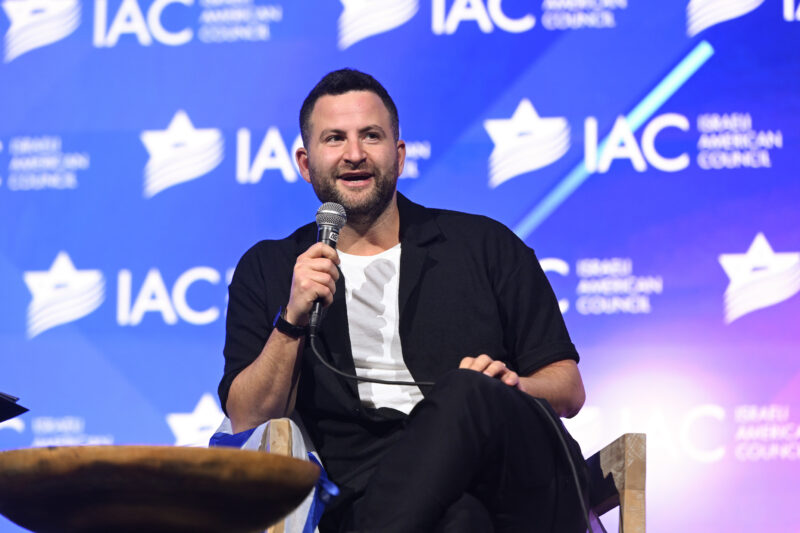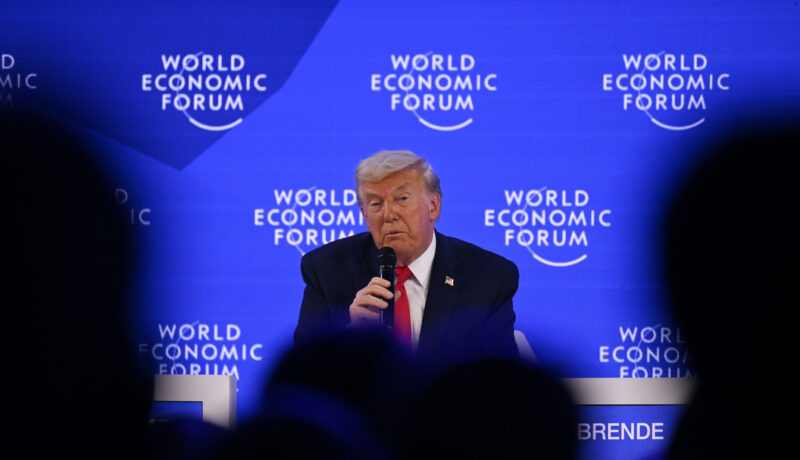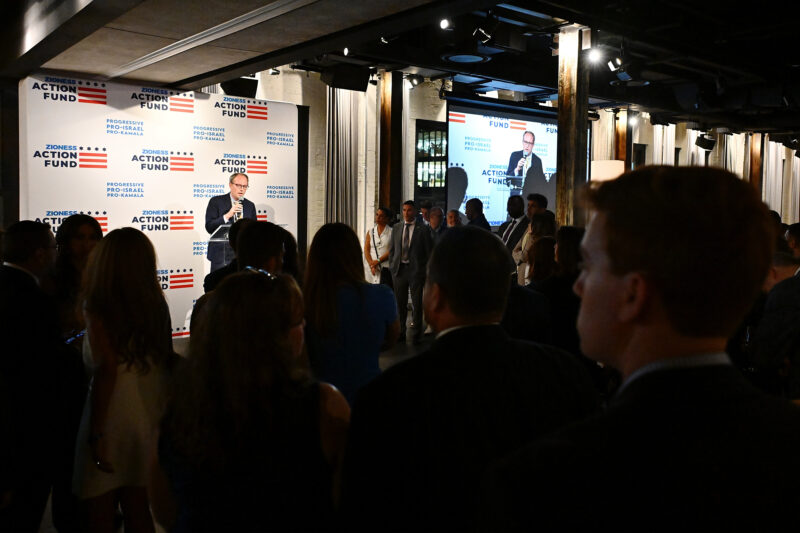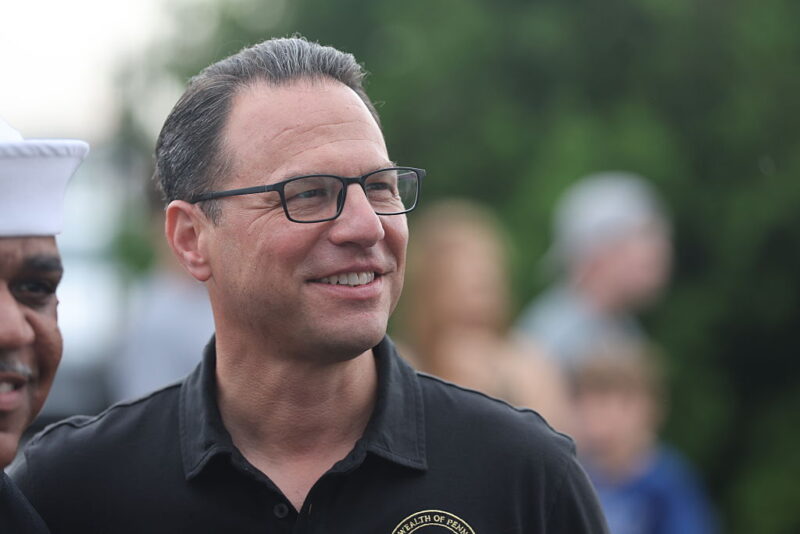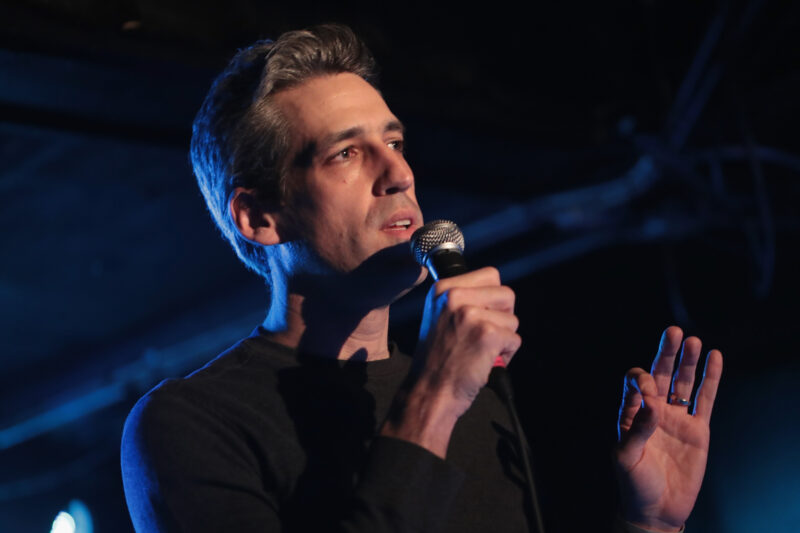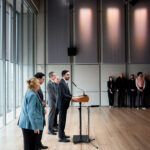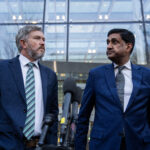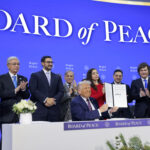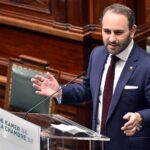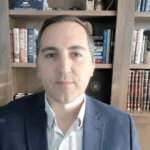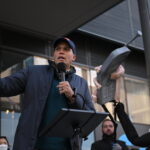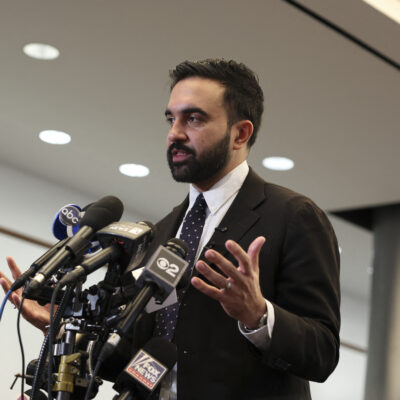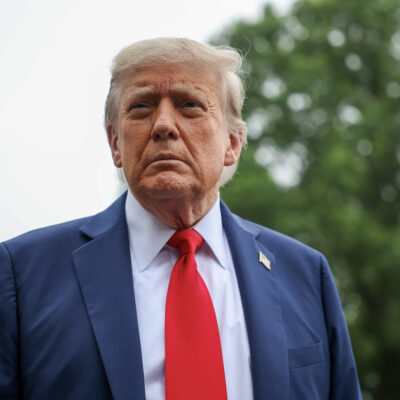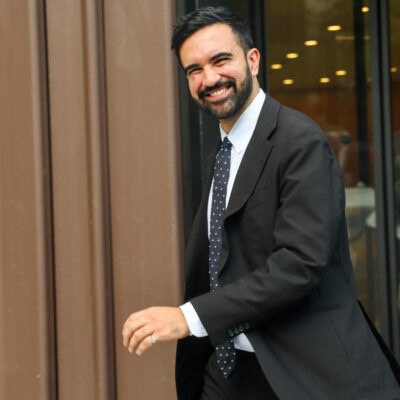Lawmakers express optimism about hostage deal prospects after Israel visits
Rep. Josh Gottheimer said the mood in the region is ‘the most optimism that I’ve seen’ about a hostage deal

Leonid Baratz
Rep. David Kustoff (R-TN) speaks at launch of Knesset-House Parliamentary Friendship Group in Jerusalem, July 3rd, 2024
Two lawmakers who visited Israel last week expressed qualified optimism about the prospects of reaching a deal between Israel and Hamas to free additional hostages in exchange for a pause in fighting in Gaza.
Reps. Josh Gottheimer (D-NJ) and David Kustoff (R-TN), who are both Jewish, traveled to Israel on separate trips last week. Gottheimer also visited the United Arab Emirates while Kustoff, in his capacity as U.S. chair of the House-Knesset Friendship Group, addressed the Knesset. Both met with Israeli Prime Minister Benjamin Netanyahu and other officials.
“I felt that there was a lot of overall optimism on moving toward a deal,” Gottheimer told Jewish Insider on Wednesday, “the most optimism that I’ve seen, frankly.”
Gottheimer, who has visited Israel and the region multiple times since Oct. 7, said Israel needs to continue to pressure Hamas militarily in order to seal a deal.
“It’s still volatile, but the bottom line is, I think there’s certainly been progress toward finding a pause,” he said, though he warned that progress can be variable.
Kustoff told JI on Tuesday he’d “like to think” that a deal is achievable, but emphasized that the decision lies with Hamas’ leaders, adding that Israel “is within its rights to continue to apply whatever maximum pressure they need to apply in order to make sure that they’re successful.”
Kustoff, who was taking his first trip to Israel since Oct. 7, said that it’s a very different experience to see and hear in person the devastation from Oct. 7 than to follow it from afar.
“You can read news accounts, you can talk to people,” Kustoff said. “It’s another thing to go and see and observe and … to listen. To see the damage and the carnage with my own eyes … I learned and took in a great deal.”
He said he was particularly struck by a visit to the site of the Nova festival massacre, noting the young ages of many of those killed there.
Gottheimer said that his discussions in the UAE focused on the path forward and the day-after the war, as well as the threats from Iranian proxies.
“I think [the Emiratis] want to find a resolution [to the war] as quickly as possible, understand how devastating Oct. 7 was, understand the hostage situation, understand Hamas and their activity, wanting a cooperative relationship in the region,” he said. “Everyone wants a resolution. By the way, that’s the same sentiment in Israel.”
He said that he remains concerned about a broader regional war, including between Israel and Hezbollah, but thinks “everyone in the region,” including Hezbollah, “understands the impact of crossing that line … I think nobody wants to open another front.”
The Friendship Group, which Kustoff leads, was first announced around a year ago, but has been slow to get off the ground — U.S. members were named last year, but Kustoff said that Knesset members were only named in recent weeks. And he said that the group had “lost ground” when former House Speaker Kevin McCarthy (R-CA), who announced the group, was removed from his position.
But Kustoff said that the group will be ramping up its work going forward.
Both lawmakers also addressed their hopes and expectations for Netanyahu’s speech to Congress later this month.
Gottheimer said it will be “important that he talks about how grateful Israel is to the United States for all we’ve done, and … that it’s a bipartisan relationship,” beyond any individual.
He added, “it’s important that it gets framed … with the reality that Hamas and the other Iranian proxies hate the United States more than they hate Israel,” pointing to recent comments by a Hezbollah official describing the United States as the group’s true enemy.
“The bottom line is this is an attack on us, on the West, and on democracy, and I think people have to understand,” Gottheimer continued, “that this is really an attack on the United States.”
Kustoff said he anticipates Netanyahu will express Israel’s thanks for the U.S. and Congress’ support, as well as the need to ensure that the threat from Hamas is eliminated and the hostages are released.
He said Netanyahu may also address the long-term plans for Gaza, an issue that Kustoff said should be left up to Israel, as well as the broader threat from Iran and its nuclear program.
Asked about concerns from some Democrats that Netanyahu’s speech could be polarizing and cause further division on Israel, Kustoff said that he’s “not going to second-guess” Netanyahu’s “text or tone for the speech,” but thinks it would be helpful for President Joe Biden to meet with Netanyahu while he’s in Washington.
He added that he thinks it was improper for Senate Majority Leader Chuck Schumer (D-NY) to call for Netanyahu’s ouster, “but to Leader Schumer’s credit, and certainly to Speaker [Mike] Johnson, they both agreed to have the invitation go to Prime Minister Netanyahu to make a joint address to Congress.”
He offered high praise for Johnson’s policy toward Israel and handling of the war.
Kustoff also said he remains “very hopeful and optimistic” about the chances for a normalization deal between Saudi Arabia and Israel. He said that he didn’t think the Abraham Accords could have happened without “the force of Donald Trump’s personality.”
Some GOP colleagues, however — most prominently Sen. Lindsey Graham (R-SC) — argue that a deal with Saudi Arabia would have trouble winning Democratic support unless finalized under a Democratic president.
Please log in if you already have a subscription, or subscribe to access the latest updates.




